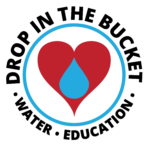Our First Students Graduate!
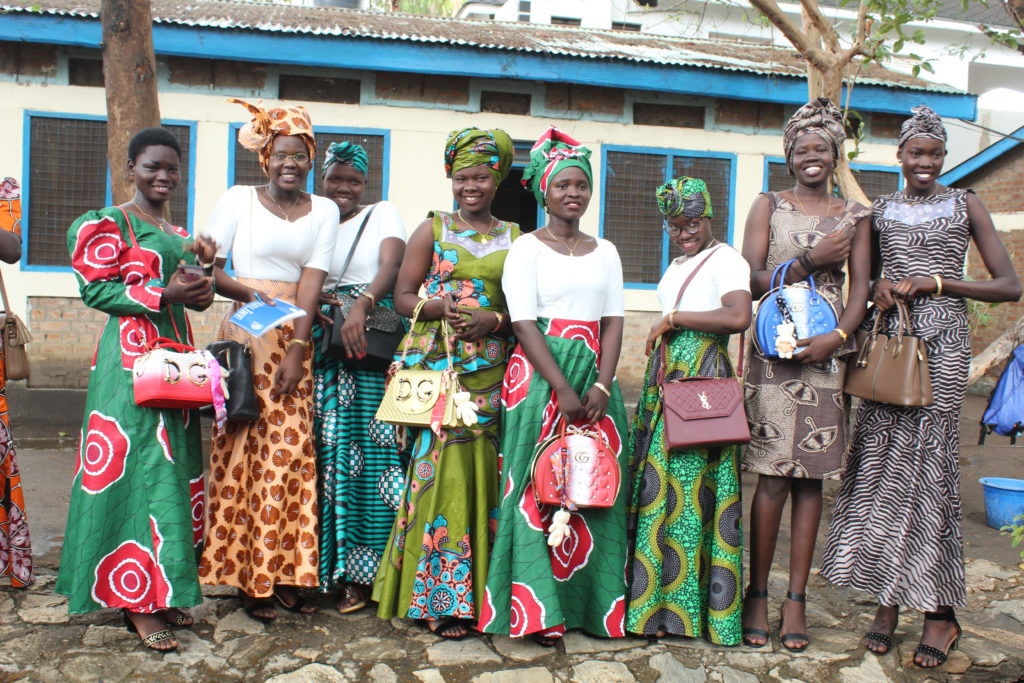
Girl Education in Africa – Our Work in South Sudan We have some exciting news! Drop in the Bucket has just celebrated the graduation of our first group of South Sudanese secondary students. South Sudan has the lowest percentage of girls in secondary school in all of Africa. So this is a huge milestone in […]
Why is a Water Charity Educating Girls in South Sudan?
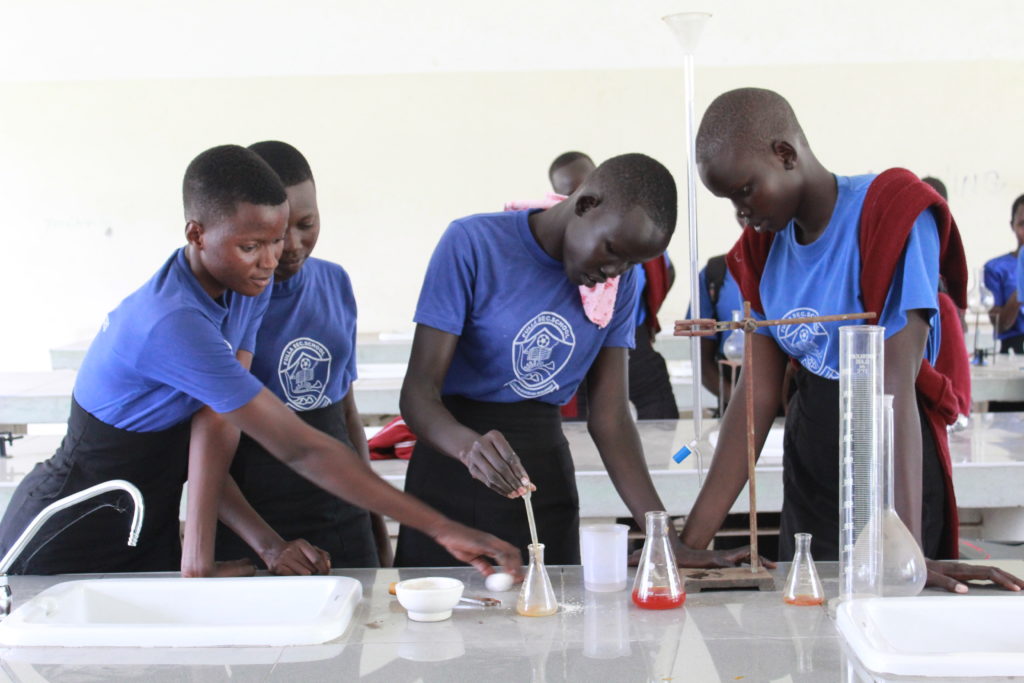
The program provides more than just tuition. We also ensure that the students have scholastic materials, personal items, academic coaching, food, accommodations, support structure, security and medical treatment.
An Update from our Director April 2020
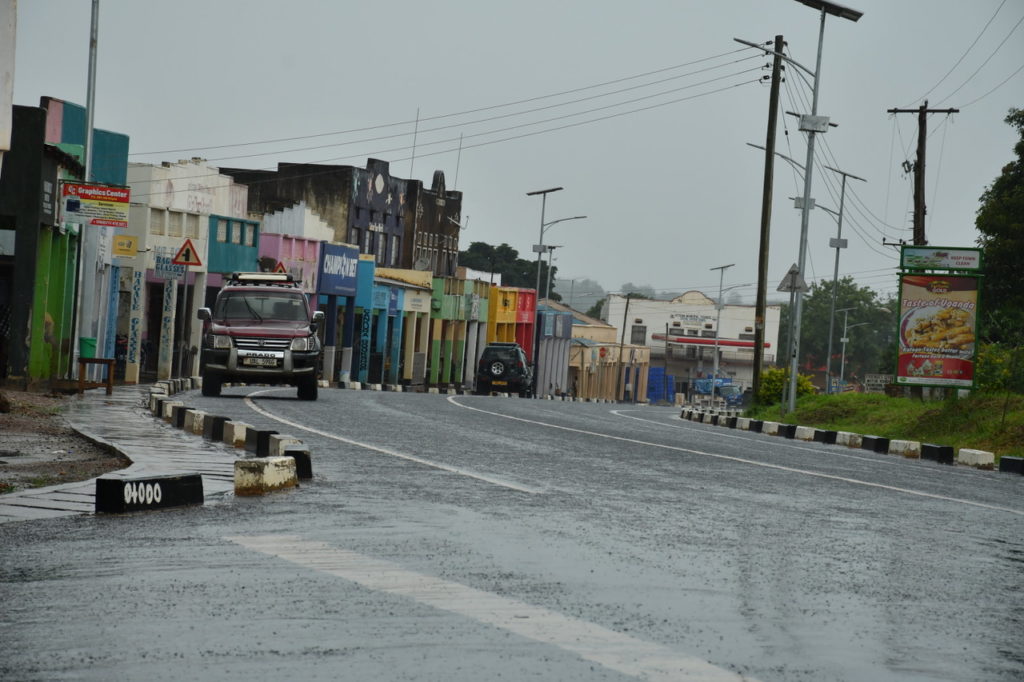
We have had complete support because people here know that clean water not only saves lives, it also helps fight COVID-19.
Some tips for effective hand washing
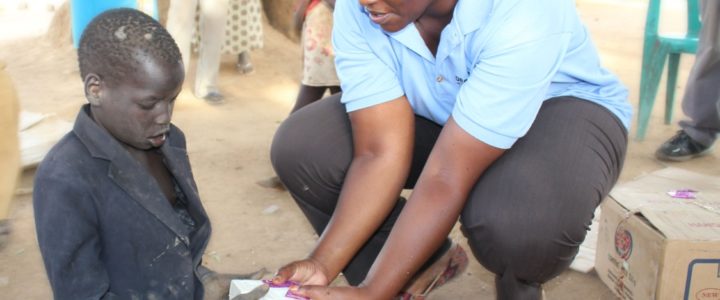
While we are in no way experts in viruses, we do have some experience in hand washing, having taught hygiene and sanitation at schools in Africa for more than a decade.
Some Tips to Keep Yourself Safe During the COVID 19 Pandemic
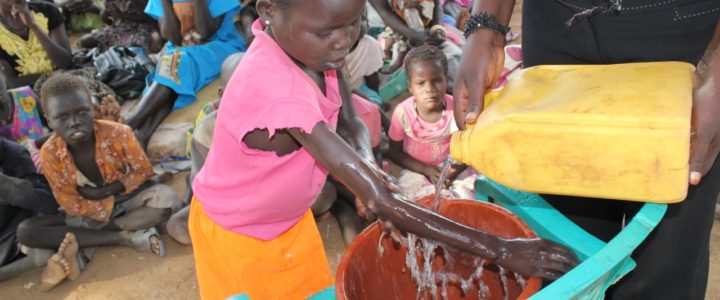
Drop in the Bucket provides water, sanitation training, and education to schools and communities in Africa. We regularly teach the importance of good hygiene to avoid the spread of disease, and as we all try to mitigate
International Women’s Day 2020
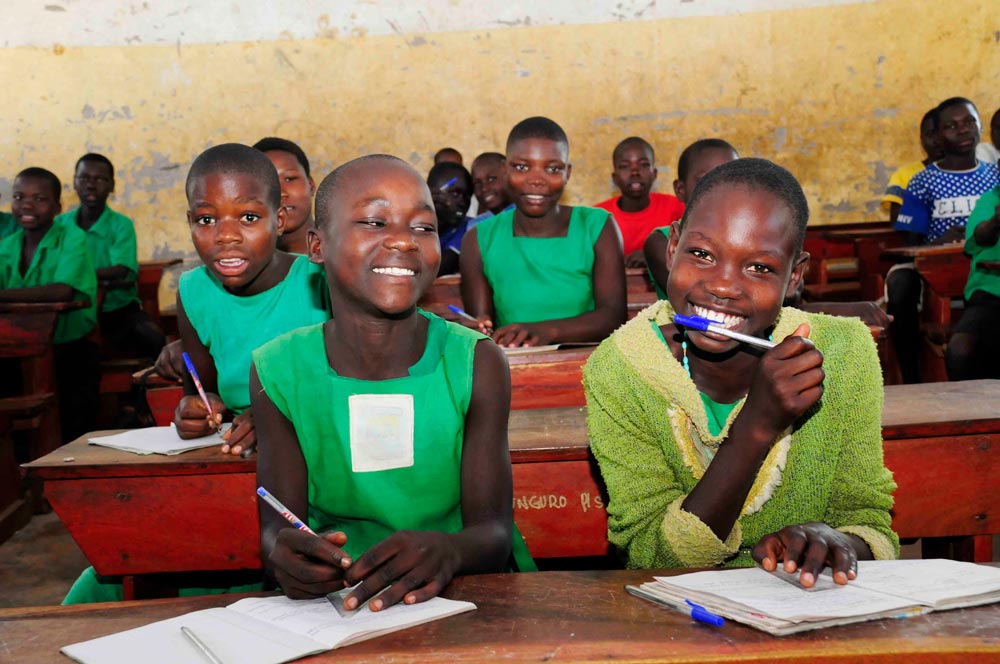
As we look forward to celebrating International Women’s Day on March 8, 2020, we want to give an update on a very special project close to our hearts.
World Water Day 2020
By building wells & sanitation systems, Drop in the Bucket is directly fighting the World Water Crisis in some of the world’s most vulnerable areas.
QUIZ: How Can You Save Water?
How Can You Save Water Quiz
Empowering Girls in Africa
In addition to wells and sanitation systems, we have programs to help ensure girls stay in school – delaying marriage and reducing the risk of death in childbirth.
How A Water Well In Uganda Changed One Girl’s Life
In 2019, Drop in the Bucket drilled a well at a school near Gulu, Uganda where we met a very special young student named Precious. This is her story!
